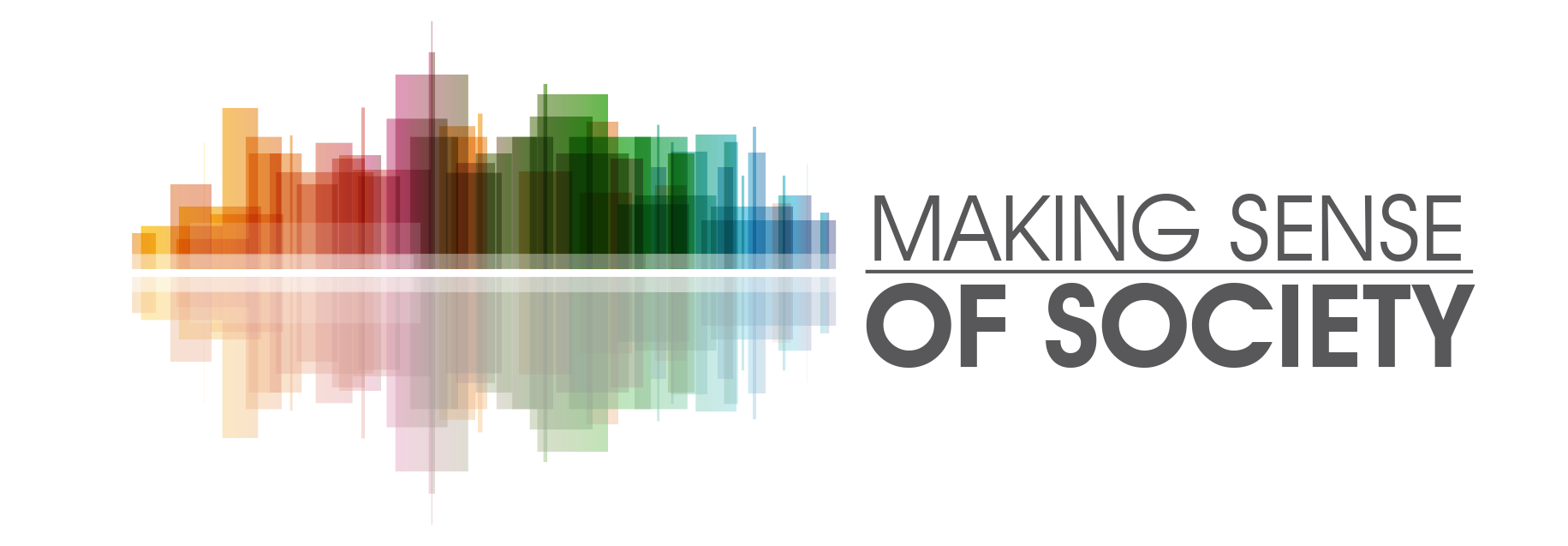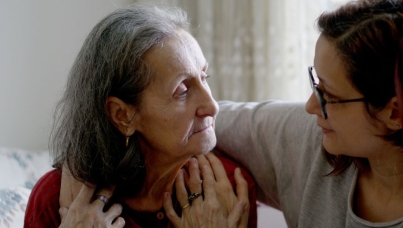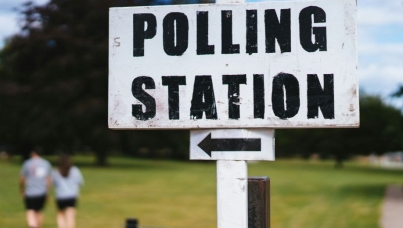The acceptance of a permanently changed world

This article was first published in the MJ in July 2012
![]() The last few months have convinced me that one of the biggest challenges we face is an acceptance of a permanently-changed world.
In many companies and councils, there is still a mindset that we can do what we were doing before, but just in straitened circumstances. Yes, I know that both public and private sectors have now seen a severe crunch in revenues and cost cutting, but it takes much longer for people to change their behaviours to match their new environment.
The public, for example, likes the Big Society as an idea - but it may only be when institutions go bankrupt - as has happened in the US - that one sees a real shift in public behaviour. People will make dramatic adjustments in their behaviour - but they have to be convinced that it has to happen.
The mini fuel crisis earlier this year reflects this - once the public clicks that something really is afoot, behaviour rapidly changes and we have mass action – in this case, panic buying. The question is how, in a world where up to 95% of spending could be going on services only 5% use, one makes the case.
The more we trudge along with the mental adjustment from a growth environment in the 'long boom' – and public sector surge – the more it becomes clear that globalisation, coupled with growth in other regions of the world, and the ongoing acceleration of change - not least inter connectedness – means we may be nearing a point where communities are better able to grapple with the changes they face.
In a world where information literally moves at the speed of light, and everyone is connected, this gives us the chance to communicate quickly - for good or ill. News that might make a local newspaper a few days later in the past, instead now gets instant, global attention... and opprobrium.
Adam Smith said: 'The great source of both the misery and disorders of human life, seems to arise from overrating the difference between one permanent situation and another.'
The challenge for leaders today is being a proactive part of the adjustment from the pre-2008 world, and not merely reactive. As much as ever, dynamic engaged leadership is what need. The question is, will we get it?
The last few months have convinced me that one of the biggest challenges we face is an acceptance of a permanently-changed world.
In many companies and councils, there is still a mindset that we can do what we were doing before, but just in straitened circumstances. Yes, I know that both public and private sectors have now seen a severe crunch in revenues and cost cutting, but it takes much longer for people to change their behaviours to match their new environment.
The public, for example, likes the Big Society as an idea - but it may only be when institutions go bankrupt - as has happened in the US - that one sees a real shift in public behaviour. People will make dramatic adjustments in their behaviour - but they have to be convinced that it has to happen.
The mini fuel crisis earlier this year reflects this - once the public clicks that something really is afoot, behaviour rapidly changes and we have mass action – in this case, panic buying. The question is how, in a world where up to 95% of spending could be going on services only 5% use, one makes the case.
The more we trudge along with the mental adjustment from a growth environment in the 'long boom' – and public sector surge – the more it becomes clear that globalisation, coupled with growth in other regions of the world, and the ongoing acceleration of change - not least inter connectedness – means we may be nearing a point where communities are better able to grapple with the changes they face.
In a world where information literally moves at the speed of light, and everyone is connected, this gives us the chance to communicate quickly - for good or ill. News that might make a local newspaper a few days later in the past, instead now gets instant, global attention... and opprobrium.
Adam Smith said: 'The great source of both the misery and disorders of human life, seems to arise from overrating the difference between one permanent situation and another.'
The challenge for leaders today is being a proactive part of the adjustment from the pre-2008 world, and not merely reactive. As much as ever, dynamic engaged leadership is what need. The question is, will we get it?



